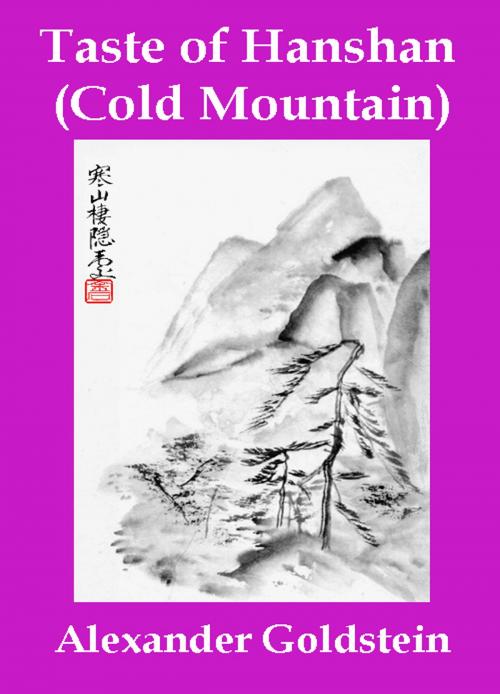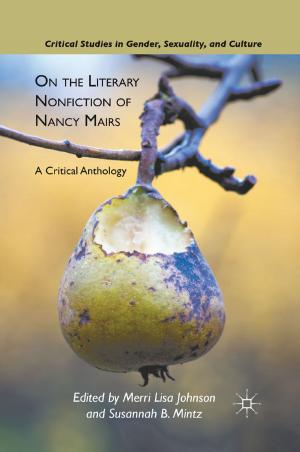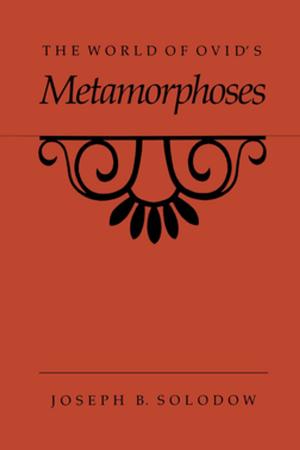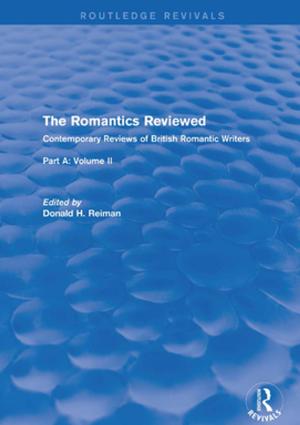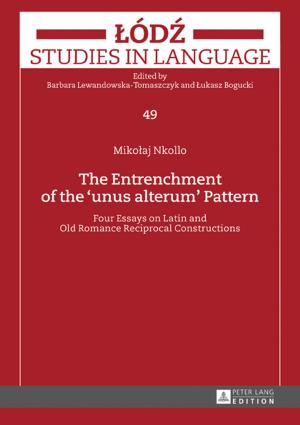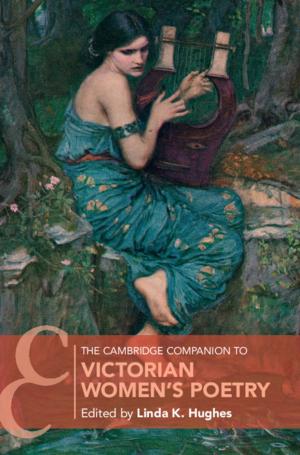| Author: | Alexander Goldstein | ISBN: | 9781466143630 |
| Publisher: | Alexander Goldstein | Publication: | February 15, 2012 |
| Imprint: | Smashwords Edition | Language: | English |
| Author: | Alexander Goldstein |
| ISBN: | 9781466143630 |
| Publisher: | Alexander Goldstein |
| Publication: | February 15, 2012 |
| Imprint: | Smashwords Edition |
| Language: | English |
Tian-tai Mountains are famous for their well-known reputation as a residence of saints and immortals. From ancient times adepts engaged in Chinese Buddhism and Daoism all longed for coming to Tian-tai. Richly endowed by nature, the mountain beauty spots produced unique harmonious culture, the striking prototypes of which were vagabond-poets Han Shan (Japanese "Kanzan") and Shi De (Jittoku). Once expelled from Guo-qing monastery Shi De was given a home at Mount Hanshan where Han Shan, his intimate friend and sworn elder brother, had resided for a half of century. Musing on Han Shan's poems one day, while lounging in the hot sun and sitting on a huge stone in front of the thatched hut, Shi De rolled off the top into the grass called by the master "Three Paths"; he then hauled himself back onto the boulder and began writing poems in Han Shan's voice with a bold and shameless humour worthy of his inspirer, deducing a formula that "Man’s life is nothing but drifting in the world." This is finely distilled the Daoist thinking of this transitory life; Dao embodies a belief that all our accomplishments, all our strivings and things we hold dear are simply nothing if we don't cultivate our minds. To follow the way of Dao is to calmly, even joyfully, let life have its way with us. The whole things read like a treatise from Han Shan’s hand-scroll written by Shi De’s brush or, rather, his crude broom, with that special feeling that mysteriously refreshes and makes us gladly relaxed. For all their eccentricity and mysterious existence, Han Shan and Shi De exhibited great compassion, wisdom and have always inspired ordinary people to do good, avoid evil, and study the noble Buddha's Dharma. Hence, they were thought to be the reincarnations of Manjusri Bodhisattva and Samantabhadra Bodhisattva respectively.
Tian-tai Mountains are famous for their well-known reputation as a residence of saints and immortals. From ancient times adepts engaged in Chinese Buddhism and Daoism all longed for coming to Tian-tai. Richly endowed by nature, the mountain beauty spots produced unique harmonious culture, the striking prototypes of which were vagabond-poets Han Shan (Japanese "Kanzan") and Shi De (Jittoku). Once expelled from Guo-qing monastery Shi De was given a home at Mount Hanshan where Han Shan, his intimate friend and sworn elder brother, had resided for a half of century. Musing on Han Shan's poems one day, while lounging in the hot sun and sitting on a huge stone in front of the thatched hut, Shi De rolled off the top into the grass called by the master "Three Paths"; he then hauled himself back onto the boulder and began writing poems in Han Shan's voice with a bold and shameless humour worthy of his inspirer, deducing a formula that "Man’s life is nothing but drifting in the world." This is finely distilled the Daoist thinking of this transitory life; Dao embodies a belief that all our accomplishments, all our strivings and things we hold dear are simply nothing if we don't cultivate our minds. To follow the way of Dao is to calmly, even joyfully, let life have its way with us. The whole things read like a treatise from Han Shan’s hand-scroll written by Shi De’s brush or, rather, his crude broom, with that special feeling that mysteriously refreshes and makes us gladly relaxed. For all their eccentricity and mysterious existence, Han Shan and Shi De exhibited great compassion, wisdom and have always inspired ordinary people to do good, avoid evil, and study the noble Buddha's Dharma. Hence, they were thought to be the reincarnations of Manjusri Bodhisattva and Samantabhadra Bodhisattva respectively.
